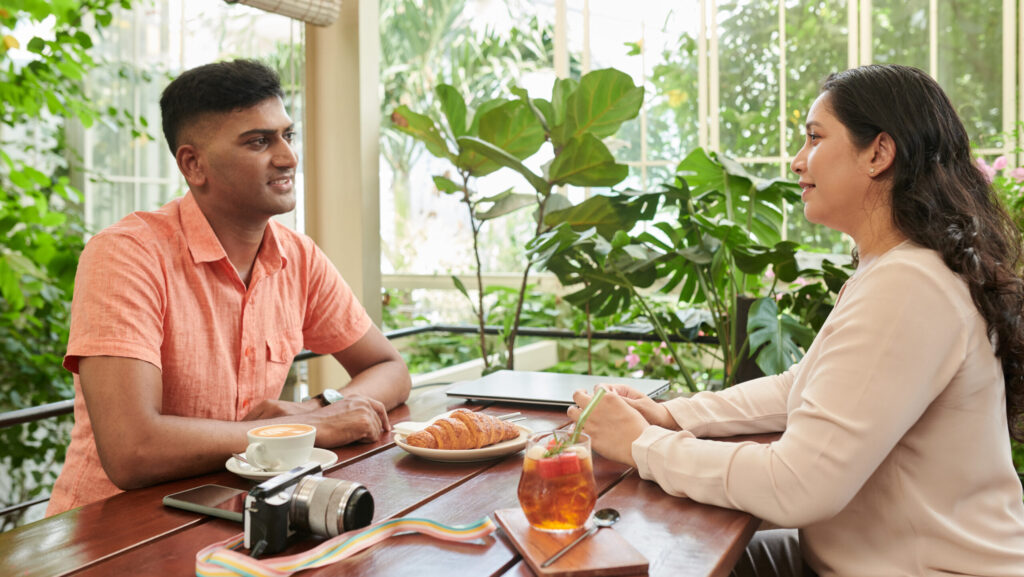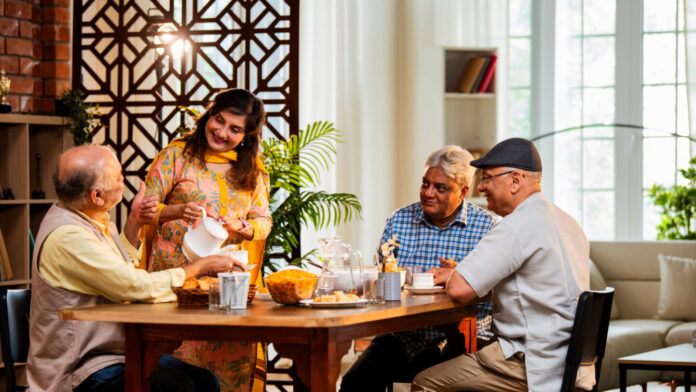By The Frontpage Journal
In a world that seems to race faster every day, Sri Lanka offers a different rhythm. Here, the pace of life moves with the tides and the seasons, following an unspoken philosophy often called “island time.” It is a way of living that embraces patience, connection, and simplicity. While some may see it as laid-back or even slow, locals understand it as a source of strength and resilience—a way to live fully without losing sight of what matters most.
This island time is visible in everyday customs. Morning tea, for example, is never rushed. Across homes and street corners, people pause to share a cup of freshly brewed Ceylon tea, accompanied by conversation that stretches longer than the drink itself. It is a ritual of grounding, a moment to connect before the day begins. Meals, too, are not just about nourishment but about community and gratitude. Families gather to enjoy rice and curry prepared from fresh local ingredients, savoring each bite and the stories that come with it.
Daily life in Sri Lanka often unfolds with an acceptance of unpredictability. Buses may arrive late, markets open when they are ready, and festivals follow lunar calendars rather than strict schedules. Rather than frustration, many locals meet this fluidity with flexibility and humor. Time is measured not only by clocks but by nature, relationships, and spiritual practice. This can be seen in the lighting of oil lamps at dusk, the observance of religious ceremonies, or the simple act of tending to a home garden.
For visitors, island time may initially feel unfamiliar or challenging. The slower pace can require adjustment in a culture accustomed to precision and speed. Yet, those who embrace it often find a deeper appreciation for presence and mindfulness. The absence of rush allows space for observation—of vibrant street life, of natural beauty, and of the rhythms that sustain communities.

Sri Lanka’s island time also plays a practical role in well-being. Studies in psychology and sociology suggest that slower, more intentional living reduces stress and fosters social bonds. In a society where family and community are central, the ability to pause and engage meaningfully with others strengthens resilience. It encourages generosity, patience, and a shared sense of belonging.
Economically, this philosophy has shaped ways of doing business and agriculture. Small-scale farmers, fishermen, and artisans work in harmony with seasonal cycles, respecting the land and sea rather than attempting to dominate them. Craftsmanship and culinary traditions, handed down over generations, prioritize quality and care, reflecting time invested rather than speed.
While globalization and urbanization bring new pressures, island time remains deeply rooted in Sri Lankan culture. It offers a counterpoint to the relentless drive for productivity, inviting reflection on what constitutes a good life. Increasingly, locals and travelers alike are seeking ways to balance modern demands with this timeless rhythm.
The art of island living teaches that life is not merely about getting from one point to another but about the journey itself. It is a philosophy that honors patience, values relationships, and finds richness in simplicity. In Sri Lanka, slow life is not a weakness but a strength—an enduring rhythm that sustains the spirit and nurtures the soul.




